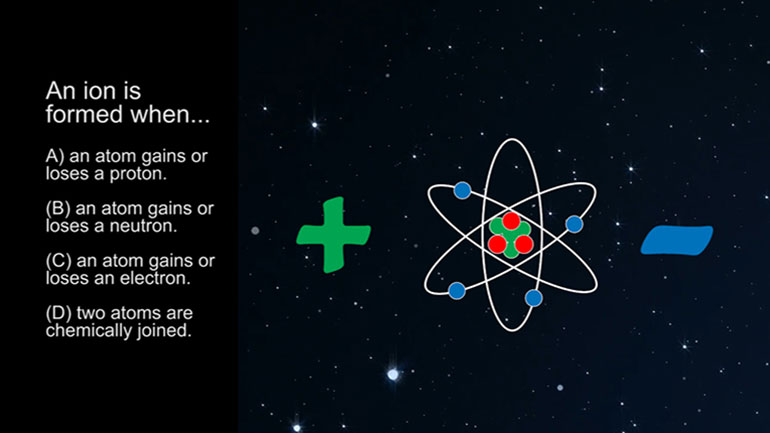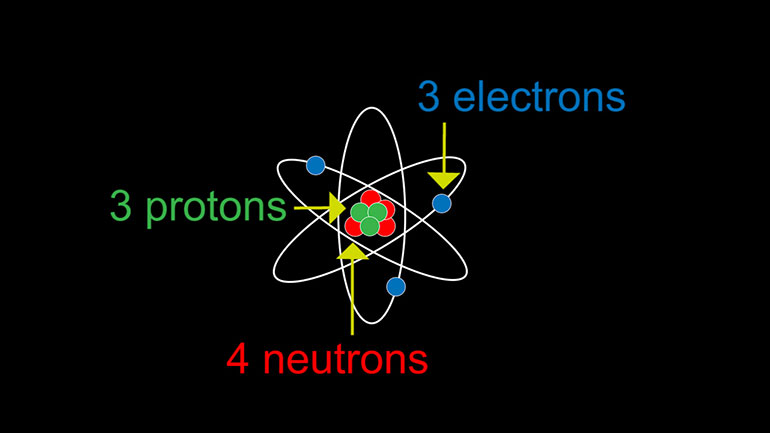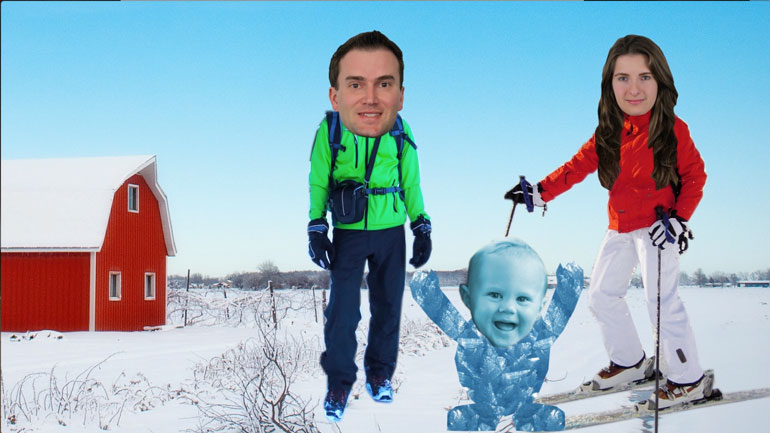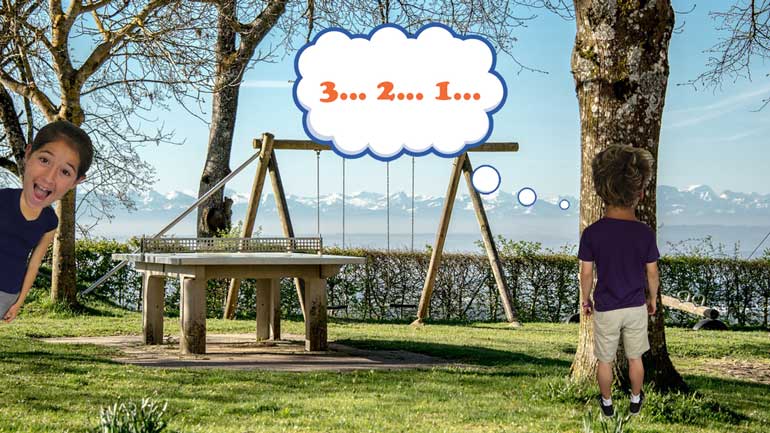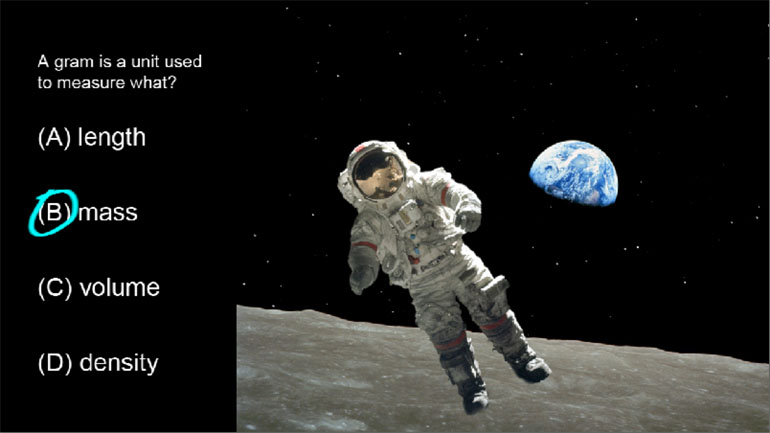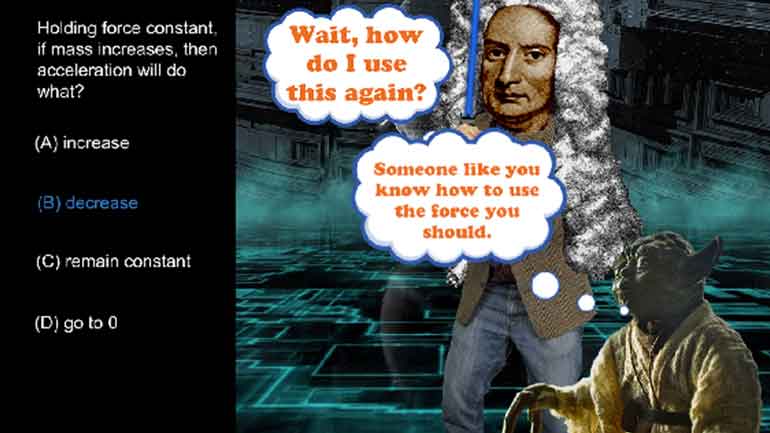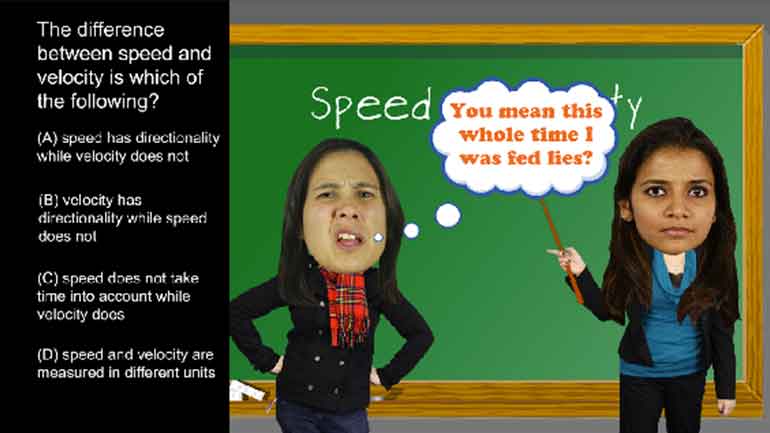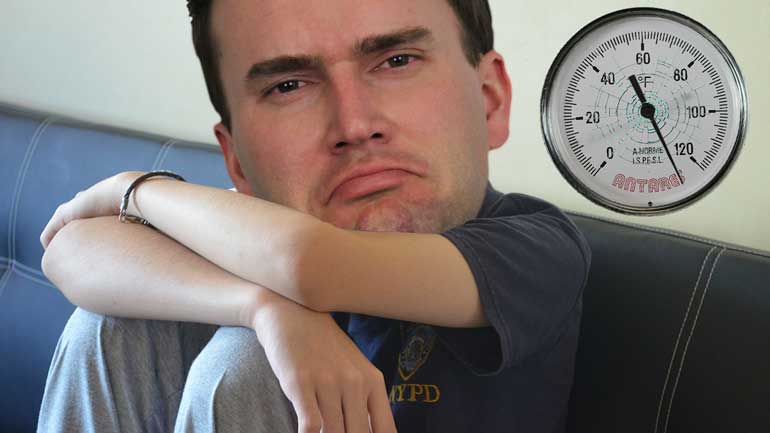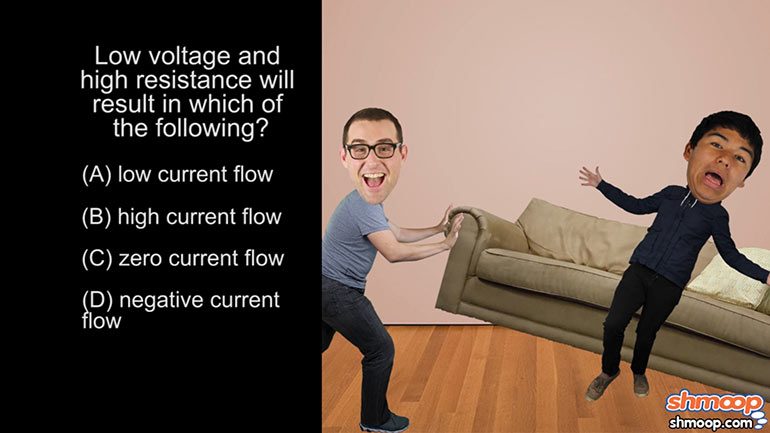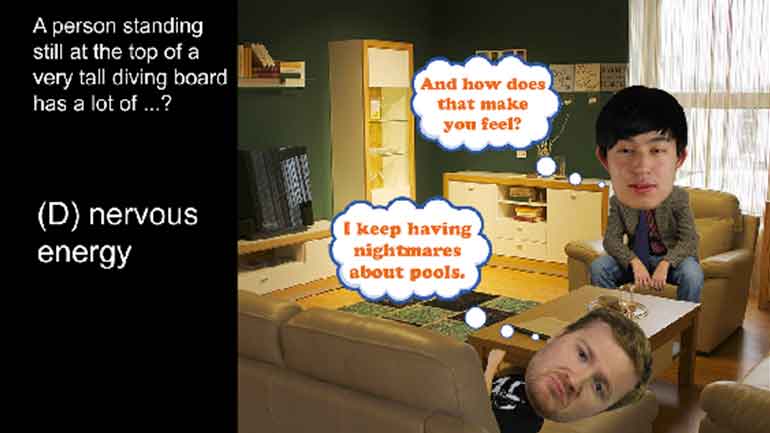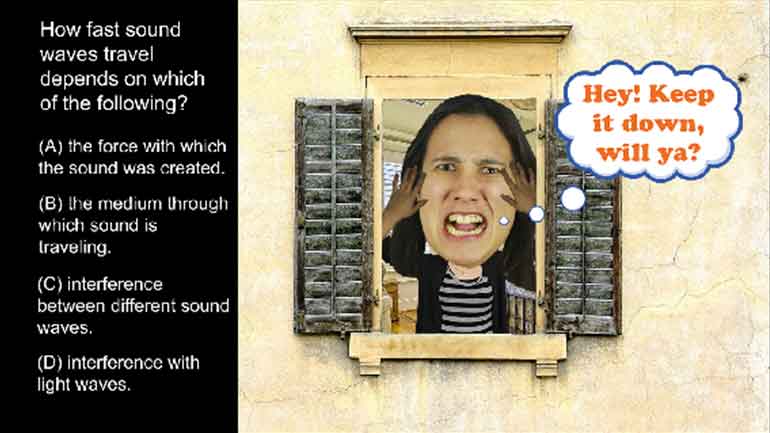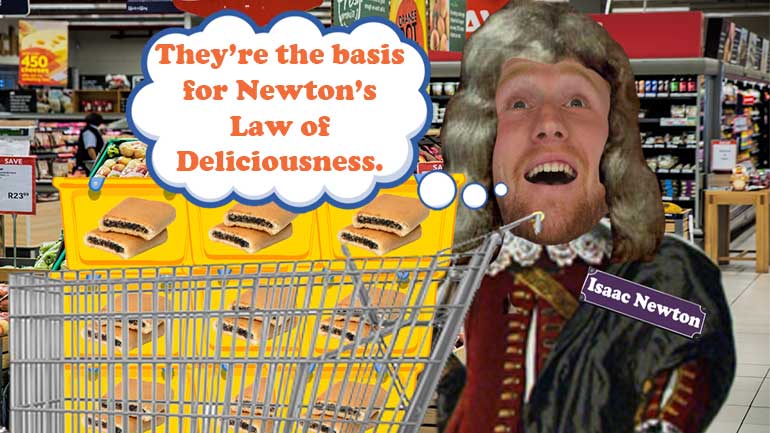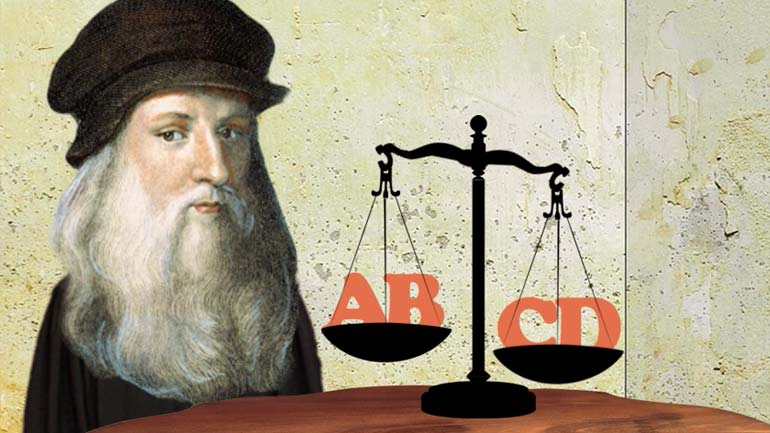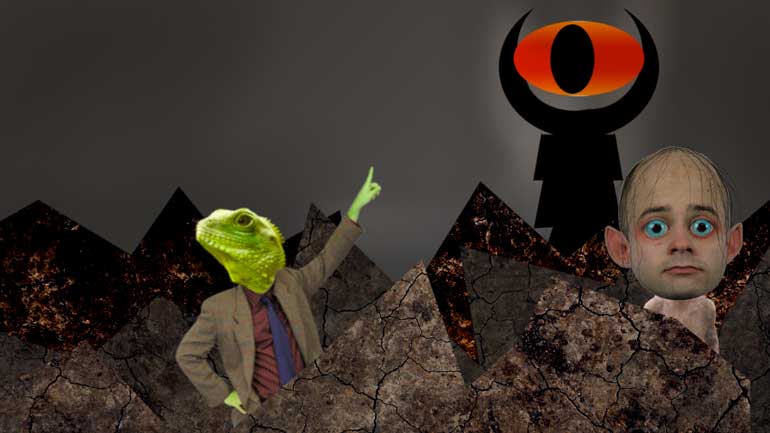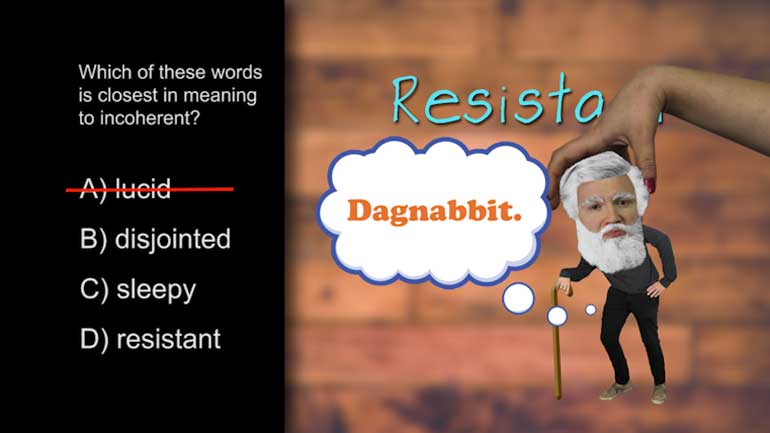ShmoopTube
Where Monty Python meets your 10th grade teacher.
Search Thousands of Shmoop Videos
ASVAB Physical Science Videos 21 videos
ASVAB Physical Science 2.3. Melting is the process through which...what?
ASVAB Physical Science 2.4. A substance that consists of two or more things that are physically mixed together is a...what?
ASVAB Physical Science 3.1. Solution A has a pH of 3, while Solution B has a pH of 8. Solution A is what?
ASVAB Physical Science 4.2 7 Views
Share It!
Description:
ASVAB Physical Science 4.2. Which law is this situation an example of?
Transcript
- 00:04
And here's your shmoop du jour brought to you by Isaac Newton he [Isaac Newton appears in grocery store]
- 00:07
was a super important scientist who discovered that if you put figs inside of
- 00:10
cookies you get a delicious snack actually that might have been a
- 00:15
different guy all right here's our question bowling pins sit at the end of
- 00:20
the lane will stay still and standing still until a bowling ball strike them [Bowling pins fall down after ball strikes]
Full Transcript
- 00:23
this is an example of what and here are the potential answers....
- 00:28
....all right you probably heard of Isaac
- 00:32
Newton this guy old British scientist an apple fell on his head discovered
- 00:36
gravity sure we're simplifying it a lot but he was one of the most influential
- 00:40
scientists ever come on Al, we love you too well in 1687 Newton came up with
- 00:46
the three laws of motion never knowing that one day they'd be the
- 00:49
star of a shmoop video oh we're sure he'd be thrilled let's start out by
- 00:53
crossing off B the second law from our list his second law basically states
- 00:58
that force equals mass times acceleration F equals MA so if you have
- 01:03
a moving object and it picks up speed it's forces increase and it also means that [Shopping cart moves along]
- 01:09
if you have a moving object and you increase its mass more force is required
- 01:13
to move it which just makes sense but sometimes you need a scientist to prove
- 01:16
these kind of things.. so while our bowling ball was demonstrating the second law our [Bowlin pins move around]
- 01:21
stationary bowling pins were not we can get rid of B what about C third
- 01:25
laws well it states that every action has an equal and opposite reaction for
- 01:30
an ordinary everyday example of this we can think of a jetpack when we strap our [Man wearing a jetpack]
- 01:35
jetpack on and hit the ignition switch the jet engine pushes hot gas downwards [Man rises into air with jetpack]
- 01:40
because there's a powerful downward force there's an equally powerful upward force
- 01:44
and that's how we get to the grocery store yes pretty nifty but still
- 01:49
doesn't clarify why our hands are standing still so we'll keep looking.. maybe
- 01:52
it's option D the law of directionality well the thing is there is no such law [Boy appears beside lots of arrows]
- 01:56
it just sounded really cool right well the correct answer here is A his first
- 02:01
law basically states that an object at rest tends to stay at rest and an object
- 02:05
in motion tends to stay in motion unless an outside force acts on it in an
- 02:11
example well look at some of Saturday morning we're not moving from our [Man dragged from bed]
- 02:15
bed until mom exerts a force on us another example of this is our bowling
- 02:19
pins it's going to stand there forever until a ball comes and runs into them making [Bowling pins struck down by ball]
- 02:23
em move..these laws are pretty intuitive but sometimes it takes a genius to prove
- 02:27
this kind of stuff so we're grateful to good old Isaac Newton for doing all the hard
- 02:30
work and we're also grateful to good old Fig Newton for making yummy cookies wait
- 02:35
his name was Fig, right?
Related Videos
ASVAB Paragraph Comprehension 1.2 Summary. Which of the following best describes the purpose of this passage?
ASVAB Paragraph Comprehension 1.2 Vocabulary-In-Context. In this passage, the word "illustrious" most nearly means...what?
ASVAB Paragraph Comprehension 1.3 Vocabulary-In-Context. The word "preposterous" most nearly means what?
ASVAB Paragraph Comprehension 2.3 Summary. Which of the following best describes the main idea of this passage?
ASVAB Word Knowledge: Word Roots, Prefixes, and Suffixes Drill 1, Problem 1. Which of these words is closest in meaning to incoherent?





